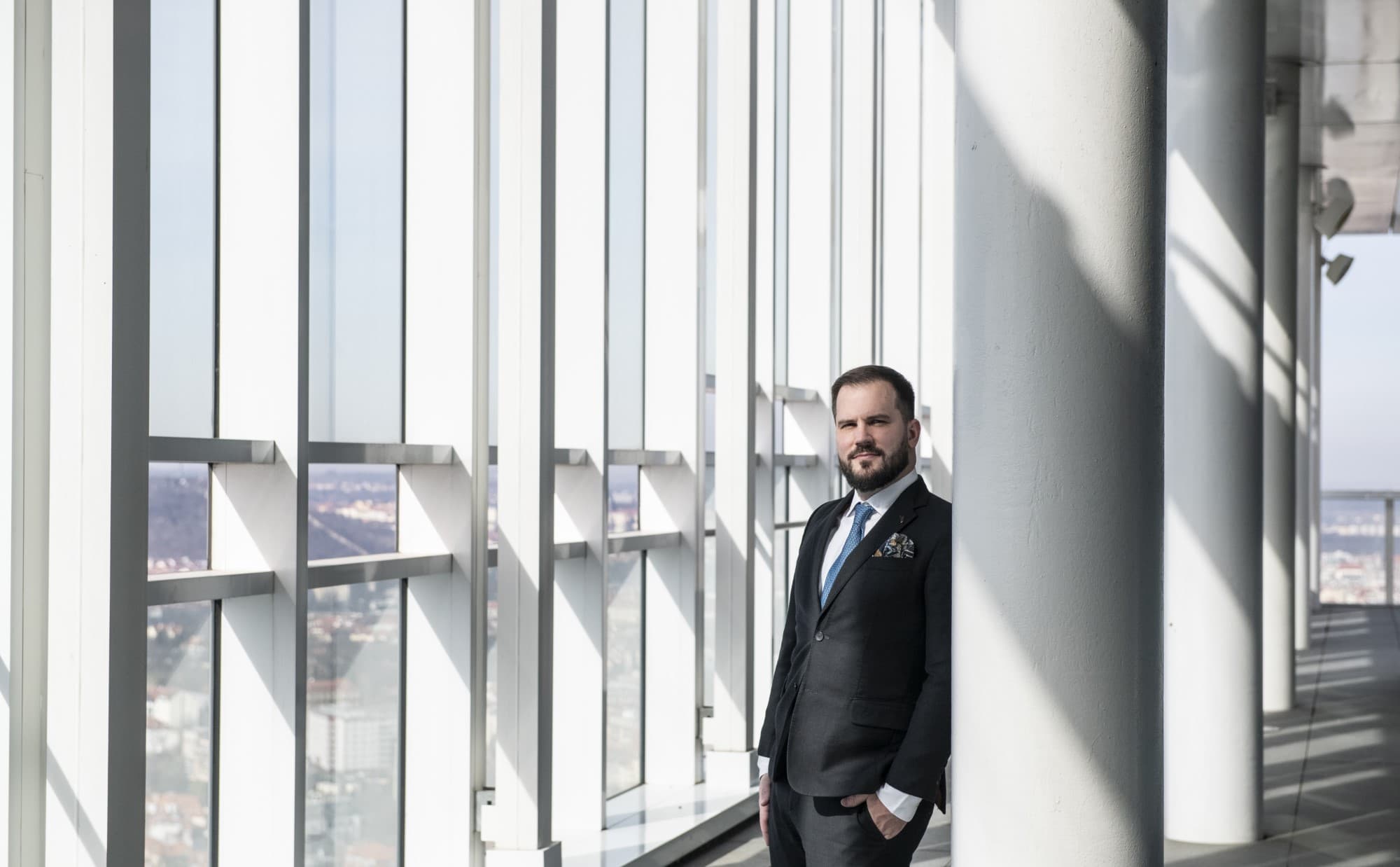What will happen to Dukovany? Kučera describes how court proceedings can change the tender
13 \ 05 \ 2025

A major infrastructure project worth more than 400 billion czech crowns has stalled on a preliminary injunction issued by a panel of the administrative section of the Regional Court in Brno led by Judge Milan Procházka. The French company EDF temporarily blocked the signing of the contract between the state and the South Korean company KHNP for the construction of two new nuclear units at Dukovany. What can the company in charge of the project, Elektrárna Dukovany II (EDU II), do now? How can the Office for Competition and Consumer Protection intervene in the proceedings and is there a real risk of compensation for the state? Milan Kučera, a partner at PORTOS and an expert in public procurement, discusses the scenarios of further developments.
What procedural options does EDU II have at the moment? Can it ask for a stay of execution or other extraordinary measures in order to continue negotiations on the final treaty?
By the nature of the case, a stay of execution of the decision of the Regional Court in Brno granting the interim measure is excluded. By this measure, the court expressly ensures that the contract will not be signed until the decision on the administrative action is taken. However, EDU II may apply directly to the Regional Court to have this interim measure annulled.
What is the procedure for an appeal against such a decision? Are there time limits?
There are no binding time limits for the Supreme Administrative Court's decision in the appeal procedure. The length of the procedure normally ranges from a few months to two years. However, in a case of such a serious case, which has a major impact on the public interest and national energy, a rather quicker procedure can be expected - within a few months.
What role can the other party - i.e. the State or the Office of the Competition Authority - play in the proceedings?
The Office for the Protection of Competition (OPC) is a direct party to the proceedings, whether it is an administrative action or a cassation complaint. It therefore has full procedural standing and can comment on the case and propose evidence. However, the Government of the Czech Republic or the Ministry of Industry and Trade (MIT) are not parties. Nevertheless, they may comment publicly on the case and it is possible that the Office will ask for their opinion, which it will then present as part of its argumentation.
Can the Supreme Administrative Court annul the interim measure? And if so, on what basis?
Yes, the Supreme Administrative Court can annul the interim measure, both on the grounds of procedural defects and if it is found that the public interest in concluding the contract with KHNP outweighs the applicant's interest in blocking it.
What are the possible scenarios for further developments? Can EDU II or the State claim damages if EDF's action fails?
Theoretically, yes - if EDF's claim is dismissed, this may give rise to a claim for damages against the claimant. However, it would have to be proven that the damage actually occurred, what the amount of the damage is and that it was directly related to the interim measure or the action brought. However, such proceedings would probably take years, and therefore the realistic recovery of damages is still more of an academic question.
What are the practical implications of a delay of several months?
If the signing of the contract with KHNP is delayed by several months, EDU II could suffer damages amounting to hundreds of millions of crowns. However, the judicial system does not know of any specific mechanisms that could speed up the decision of the Supreme Administrative Court. However, it is common for the court to proceed more quickly in serious cases even without a statutory deadline.
This article is from the website Česká justice




